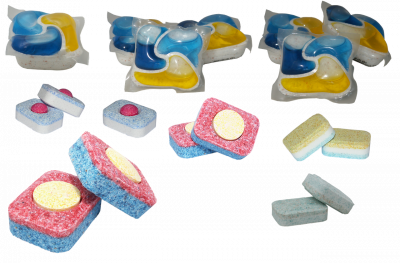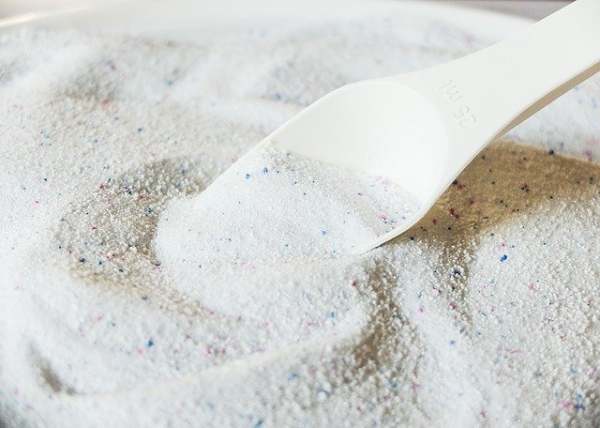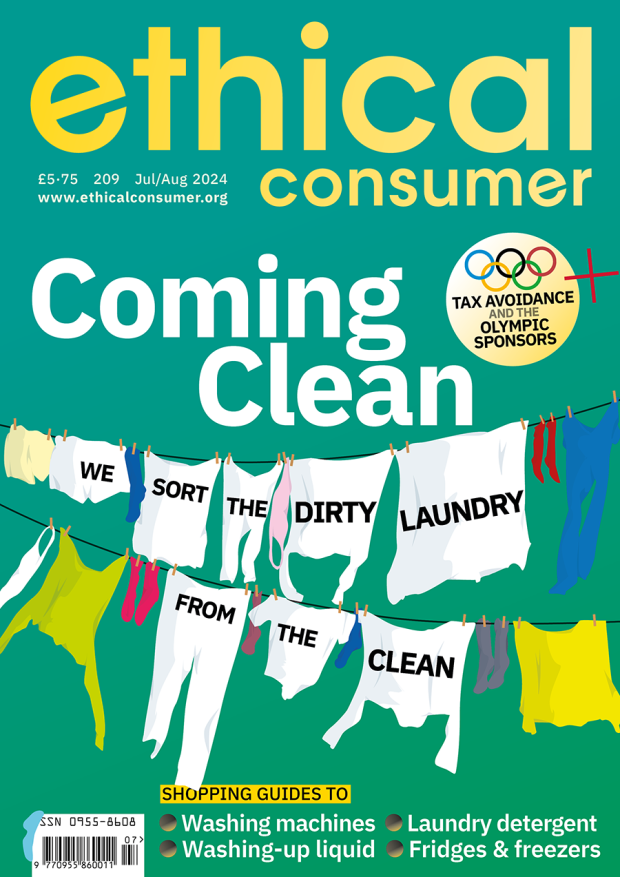Which is the most eco friendly dishwasher detergent?
In this guide to dishwasher detergents we review not only what's in the product, and who makes it, but which product type is the most eco friendly and sustainable.
We rate and review some of the big brands like Fairy and Finish, popular high street eco brands like Ecover and Method, and also independent green brands like Greenscents and SESI.
With scores ranging from 5 to 95 (out of 100), what you use to do the dishes with could be an easy quick win to swap in a more eco friendly brand.
If you don't use a dishwasher very often, check out our guide to washing-up detergents where we also discuss how to do the dishes more efficiently and effectively.
Which is best: tablets, pods, powder or liquid?
If you use a dishwasher, the most difficult decision may be less about finding an eco brand and more around product type.
Pods, tablets, powder and liquid are all different routes to the same end – clean dishes. How has it got so complicated, and why do we need so many options?
The answer is all of these forms of dishwasher detergent have their pluses and minuses. Some are better for minimising transport CO2 emissions, some better for recycling, and some are safer when it comes to pollution and toxics.
Powder and then tablets seem to be the best options, and there are refill options for both of these formats. Powders avoid the issue of the PVA wrapping of tablets. If we were to recommend avoiding any, it would probably be pods.





